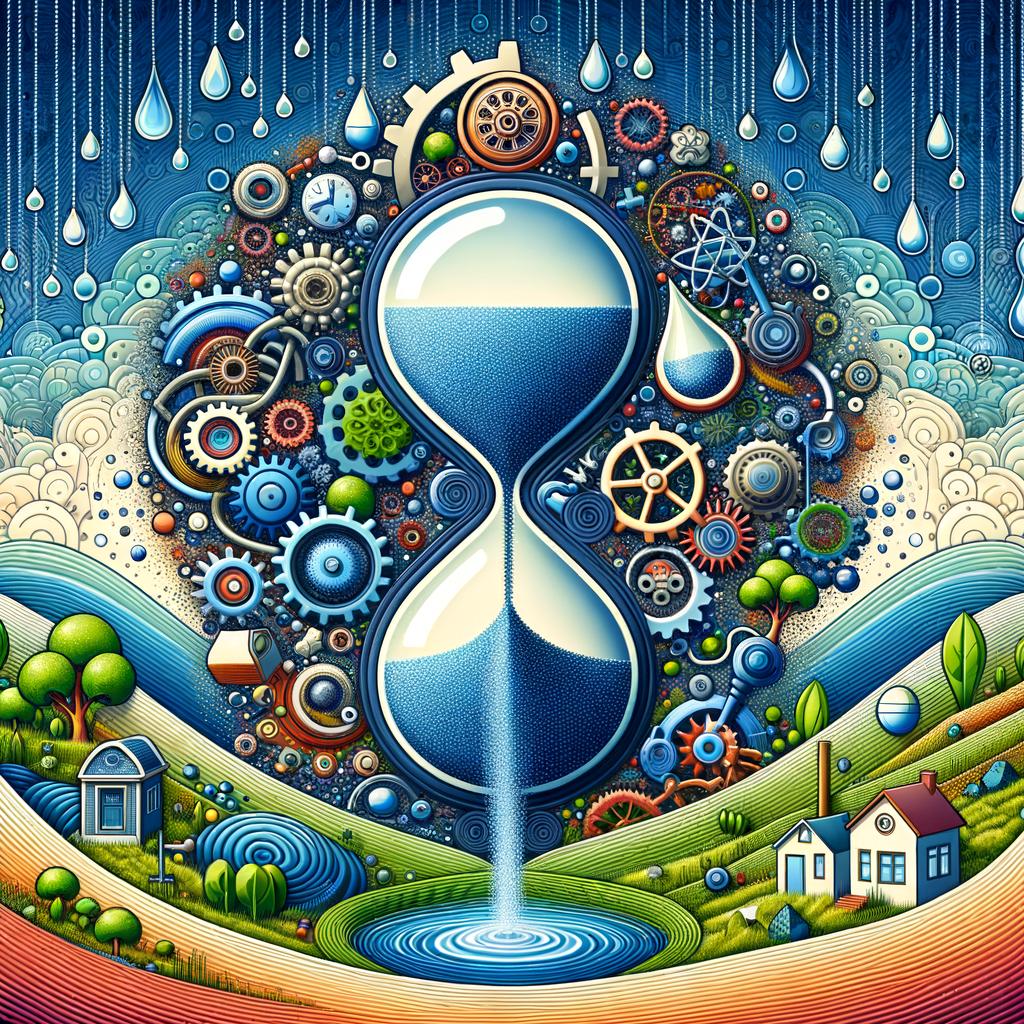Introduction: Is Frequent Urination a Threat to My Health?
One question that often springs to mind when we frequently find ourselves running to the restroom is, “When should I worry about frequent urination?” The concise yet comprehensive answer to this question is—you should be concerned if your bathroom breaks are disrupting your daily routine, causing you discomfort or embarrassment, or if they are accompanied by other troubling symptoms. Frequent urination could be an indication of various health conditions, ranging from minor issues to more serious concerns.
Through this article, we will dive into the subject of frequent urination, shedding light on its potential causes, associated symptoms and the ideal time for you to seek medical advice. We aim to arm you with the knowledge to discern when frequent urination is a mere byproduct of simple lifestyle habits and when it might be a harbinger of a more serious health concern.
The Spectrum of Normal: How Much is Too Much?
In general, defining “frequent urination” can be somewhat tricky as it might differ for each individual. Some people naturally have a faster metabolism and may need to go to the bathroom fairly often—even more so if they consume a considerable amount of water or caffeine throughout the day. For most folks, however, anything exceeding eight bathroom breaks within 24 hours might raise eyebrows, calling for closer attention.
The Influence of Lifestyle Factors
Sometimes, the cause of your frequent trips to the restroom might be as simple as having a few too many cups of coffee or the occasional cold beer. Both of these beverages are diuretics, meaning they tend to increase urine production. The same goes for drinking excessive water, which could send you spiraling down the frequent urination rabbit hole.
Crossing the Line: Recognizing Abnormal Frequency
Despite the influence of lifestyle habits, there comes a point when excessive urination shouldn’t be overlooked. If you notice a sudden and unexplained increase in your trips to the loo, particularly at night, it might be a sign of an underlying health problem. Such frequency, especially when devoid of a significant increase in your fluid intake, stipulates a definite cause for concern.
Associated Symptoms: Don’t Look Through the Looking Glass
In conjunction with the urination frequency, take note of any associated symptoms as they can provide better indications of what might be going wrong. Unusual symptoms such as discomfort or pain during urination, bloody or cloudy urine, and an unquenchable thirst often hint at more severe conditions that warrant immediate medical attention.
Where the River Meets the Sea: Potential Health Concerns
As for the health conditions, frequent urination could be a sign of various issues—from urinary tract infections and an enlarged prostate, to diabetes and kidney concerns. It’s a bit like being a detective peering through a magnifying glass—each symptom is a trail leading you closer to the core issue.
The Prostate Picture: Spotlighting Prostate Health
Specifically-speaking, in terms of prostate health, frequent urination, particularly at night, could point towards conditions like Benign Prostatic Hyperplasia (BPH) or a prostate infection. Both these conditions can cause inflammation of the prostate gland, causing it to press against the bladder and result in the urge to urinate more often.
Conclusion: The Time to Take Action
In answering the question, “When should I worry about frequent urination?”, we come back full circle—frequent urination warrants concern whenever it disrupts your daily routine or is associated with other discomforting symptoms.
Frequently Asked Questions
1. How many times should I urinate per day?
Though individual needs may vary, on average, an individual should urinate anywhere from 6-8 times in a 24-hour period.
2. Can frequent urination be a sign of diabetes?
Yes, frequent urination, especially when accompanied by increased thirst and sudden weight loss, could indicate diabetes.
3. Can drinking too much water cause frequent urination?
Indeed, a high intake of liquids, including water, can lead to increased frequency of urination.
4. Is frequent urination at night a cause for concern?
Nighttime urination, or nocturia, can be a cause for concern, particularly if it’s disrupting your sleep cycle. It can be a sign of numerous health conditions, including an enlarged prostate.
5. When should I see a doctor for frequent urination?
You should visit a doctor when frequent urination is interfering with your daily life, causing discomfort, or is associated with other worrisome symptoms.


